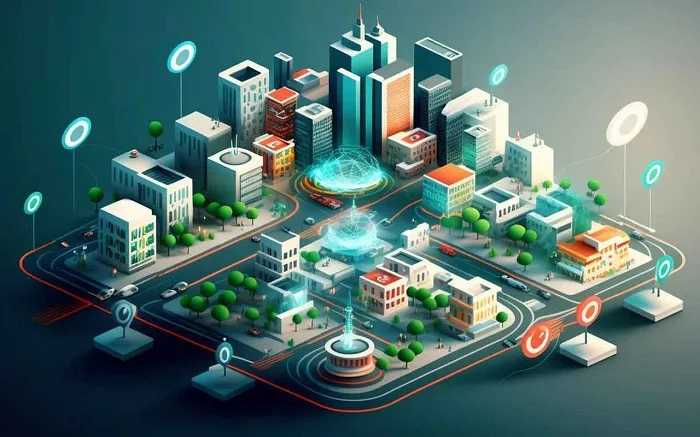The advent of smart city technology marks a significant milestone in the trajectory of urban development. Spearheaded by the integration of Information and Communication Technologies (ICT) and various Internet of Things (IoT) solutions, this innovation aims to address the perennial challenges of urbanization. This article delves into the origins, mechanisms, applications, and future prospects of smart city technologies, shedding light on their potential to transform our urban landscapes.
Unraveling Smart City Technology: Origins and Catalysts
Smart city technology emerged from the necessity to make urban areas more livable, resilient, and efficient. The rapid pace of urbanization, coupled with environmental concerns and the escalating need for sustainable development, propelled the integration of advanced technological solutions in city planning and management. The early 2000s witnessed the conceptualization of smart cities, with pioneering projects focused on enhancing connectivity, energy efficiency, and public services through digital innovation.
The Workings and Significance of Smart City Solutions
At its core, smart city technology leverages a network of sensors, cameras, and wearable devices, all interconnected through the IoT. These systems collect and analyze data in real time, enabling city officials to monitor and manage urban infrastructure dynamically. From traffic and transportation systems to water supply and waste management, smart technologies offer a comprehensive approach to urban governance, promising improved service delivery and enhanced quality of life for residents.
Global Adoption: Smart Cities in Action
Cities worldwide are adopting smart technologies to create more sustainable and efficient urban environments. Singapore’s Smart Nation initiative, Barcelona’s smart lighting and waste collection systems, and Amsterdam’s smart energy grids exemplify the diverse applications of these technologies. These examples highlight the adaptability and scalability of smart solutions in addressing specific urban challenges.

Expanding Horizons: Beyond Urban Centers
While smart technologies have predominantly been applied in urban settings, their potential extends far beyond city limits. Rural areas, for instance, can benefit from smart agricultural practices, remote healthcare services, and enhanced connectivity, bridging the digital divide and fostering inclusive growth. Additionally, smart technology plays a crucial role in disaster management, enabling more effective response strategies through predictive analytics and real-time monitoring.
Navigating the Challenges: A Critical Assessment
Despite the transformative potential of smart city technology, its implementation is not without challenges. Privacy and security concerns, high deployment costs, and the digital divide are significant hurdles that must be addressed. Moreover, the reliance on complex technological systems raises questions about long-term sustainability and resilience.
Towards a Smarter Future: The Evolution of Smart City Technology
The future of smart city technology is replete with possibilities. With advancements in AI, machine learning, and blockchain, the next generation of smart cities will likely be more autonomous, predictive, and secure. As we stand on the cusp of this technological revolution, it is imperative to foster collaboration, innovation, and inclusivity, ensuring that the smart cities of tomorrow not only enhance urban life but also promote environmental sustainability and social equity.

